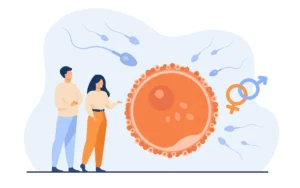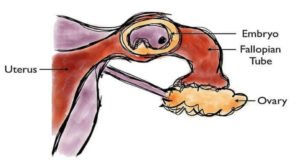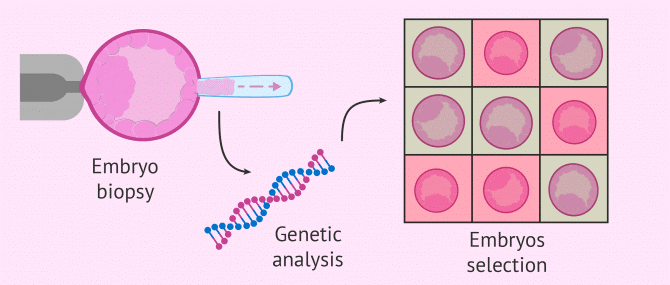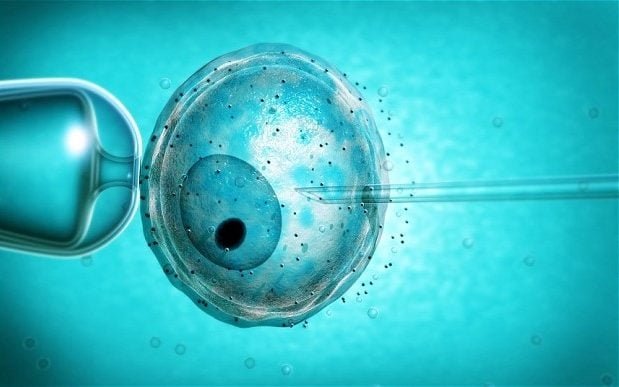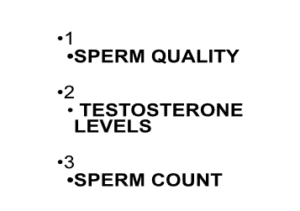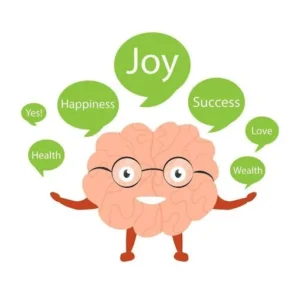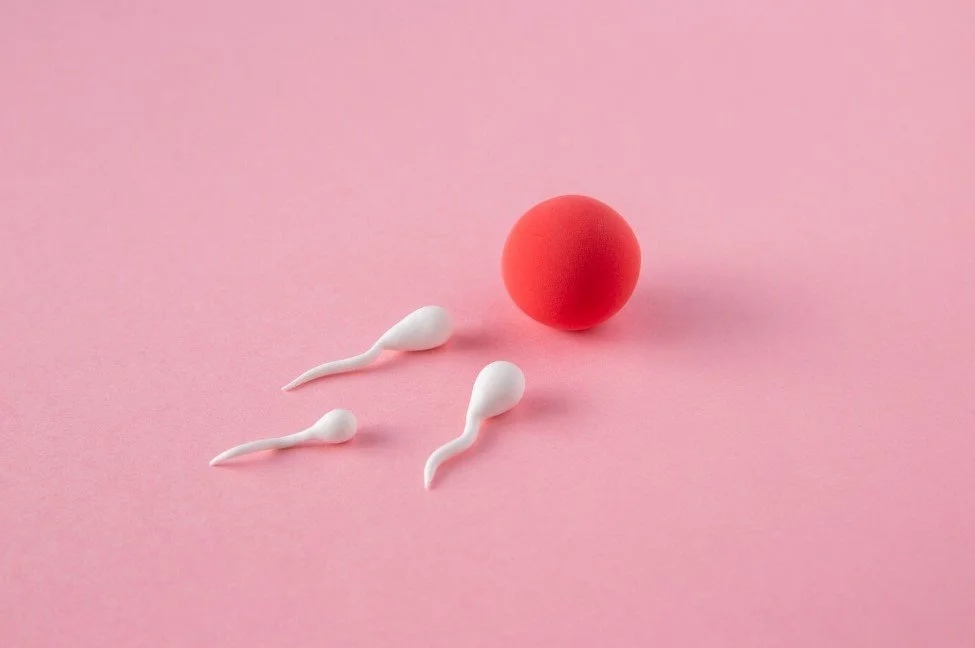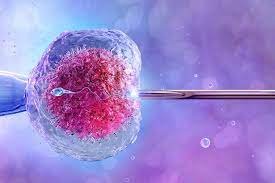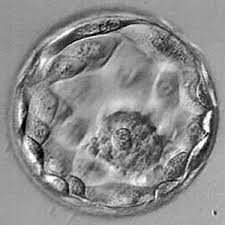REVIVA IVF FERTILITY CLINIC– IVF Centre in Chandigarh & Patiala
Introduction
Often left helpless, many couples struggling with infertility have to rely on fertility clinics.
REVIVA IVF and Fertility Clinic in Chandigarh, has gained some notable demand for advanced fertility treatments. As a result, it starts to emerge as breeding grounds for hope. Here’s why REVIVA is to be considered the best IVF center in CHD & what drives couples to invest their hope in this establishment.

Understanding Fertility Challenges:
Facing problems related to infertility can be tough and draining experience for couples. Their emotional & physical well-being is equally affected by financial aspects. REVIVA IVF and fertility Clinic is known to provide state of the art solutions to fertility.
State – Of – The – Art – Infrastructure
REVIVA is known for its modern infrastructure designed with the latest technological achievements in mind. The advanced laboratories and state of the art operation theaters utilized ensures patients & high quality standards in care. Expert team of specialists. REVIVA exceptional team of fertility specialists and support staff furthered to be clinics way success.
Its headed by experience doctors with a solid name in the reproductive medicine field offering personalized care and unique treatments as a response to patient’s needs.
Comprehensive Range of Services:
Reviva IVF and fertility Clinic offers the following services.
Fertility preservation offered:
We consider a holistic approach when providing fertility treatments at our clinic. So to make the procedures work, we consider all health factors and offer the best for successful results.
We aim to increase the chances of proper conception & growth.
Patients centric care:
All efforts at REVIVA IVF & fertility Clinic are designed to ensure the comfort and peace of patients. They receive the best support & care from our professionals from the consultation period to the time they come for follow services. The clinic offers nurturing environments to ensure that couples can feel comfortable and optimistic since fertility cases are demanding, couples can face the challenges with hope and motivation.
Success Rate & Testimonials
The overall success rate for rate. Indicating that the center REVIVA has been high success provides the best fertility care. Specifically, the clinic record for assisted reproduction states that we follow the best procedures that have helped numerous couples to achieve their desired family size. Couple served well share
testimonials on our website for others.
Accessibility & Affordability
Our REVIVA IVF & fertility Clinic is highly accessible to all patients from the city & its surroundings. Additionally, the Clinic serve to make fertility treatments affordable to all members of society through various IVF plans & packages.
FINAL THOUGHT
In conclusion, there is a light at the end of this difficult situation for couples suffering from infertility. REVIVA IVF & fertility clinic is right place to the right support & much needed solution to the problems of infertility. Given, its excellent infrastructure top class team of specialists, rich experience & focus on patient perspective. REVIVA is no doubt the best IVF center in CHD. & PATIALA. Rest assured, when you be embarking on the journey to parenthood, REVIVA will with you all the way. REVIVA IVF and fertility Clinic in CHD are committed to providing high Quality, high success infertility care. Start your way to parenthood Now.
REVIVA IVF & Fertility Clinic is led by best fertility doctor in Chandigarh, Dr.Sandeep Cheema Sohi , along with the team of specialists who have years of experience and expertise in treating fertility. There are 4 most important steps we conduct in follicular monitoring:
• Preparation
• Ultrasound Exam
• Follicle Count & Measurement
• Blood Test
Why Choose REVIVA?
- Expertise and personalized care:
Tailored treatment plans by trusted specialists for optimal success rates. - Cutting-Edge Technology & Proven Success:
Advanced techniques & facilities with proven exceptional fertility outcomes. - Comprehensive fertility services:
Full range of services including IVF, IUI & Egg Freezing. - Emotional Support and Accessibility:
Empathetic Counselling, flexible scheduling and comprehensive support throughout treatment.







